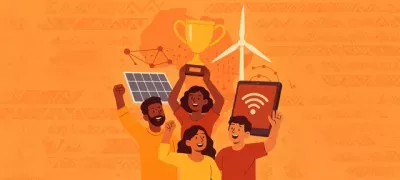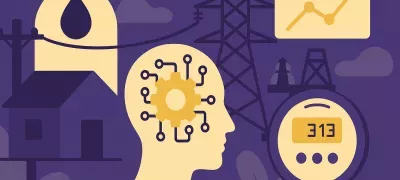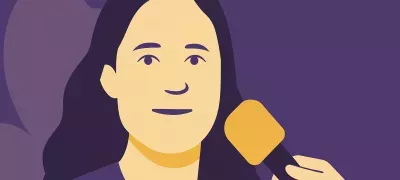How did you come up with the idea of developing and offering digital solutions for the electricity sector in Africa?
Elie Bitar: This interest was born of several observations. In Europe, energy is almost invisible, it's not seen as a problem by consumers or businesses. But in Nigeria, it's a very real problem, even in urbanized areas with access to the grid. This problem is often - and partly rightly - interpreted as insufficient production. However, this interpretation calls for a nuance: part of the production is indeed wasted. And yet, it can be less costly to reduce this waste than to reinforce expensive and generally polluting means of production.
What are the causes of this waste?
EB: First of all, there is a potential for energy savings among industrial and commercial customers, linked, for instance, to oversized generators or poorly exploited sources of energy efficiency. We estimate that this potential is currently around 40%.
Smarterise is also working to reduce another major source of waste: technical and commercial losses in distribution networks. Our target customers are African utilities, which have considerable levels of losses, far higher than those incurred in Europe or the United States. What's the point of investing in generation capacity if so much of the energy produced is lost on the grid? By reducing these losses, we can generate substantial savings in both OPEX and CAPEX, and thus reduce electricity production costs.
But this energy is not necessarily lost to everyone, since part of the losses correspond to electricity delivered but not invoiced, for example in cases of fraud...
EB: Absolutely; however, this situation is obviously not without disadvantages for utilities, whose economic equilibrium is weakened and investment capacity reduced. Above all, the subject remains relatively opaque; for most utilities are aware of the metering discrepancies between the energy injected and the energy withdrawn from the network, but are unable to analyze them; it is impossible, for example, to determine the specific share of fraud in total online losses. This is one of the advantages of the Smarterise offer.
What does this offer consist of?
We propose a three-stage approach.
EB: Since you can't manage what you can't measure, the first step is to obtain directly available metering data from the customer.
The second step is to analyze the data collected. This relies on the use of artificial intelligence based on machine learning.
The third step is to monitor network losses, so that the right improvement actions can be taken over time.
The technical building blocks of our solution areIoT for metering, the cloud andbig data processing.
What are the conditions for success?
EB: Technical conditions are not necessarily the most decisive. It's essential that we integrate ourselves into the customer's project, adapting to its organization and complexity. This integration process is a necessary phase in the success of the assignment; conversely, failure to collaborate with our customers generates risks that are just as significant as the technical ones.
In your opinion, what are the necessary conditions for the development of the Smarterise market?
EB: The first condition is technical: the availability and quality of the data needed to deploy our solutions.
The second condition is the motivation of utilities to tackle the subject of online losses, and their openness to innovative solutions.
The third condition is financing, whether commercial or as part of a development aid project.



